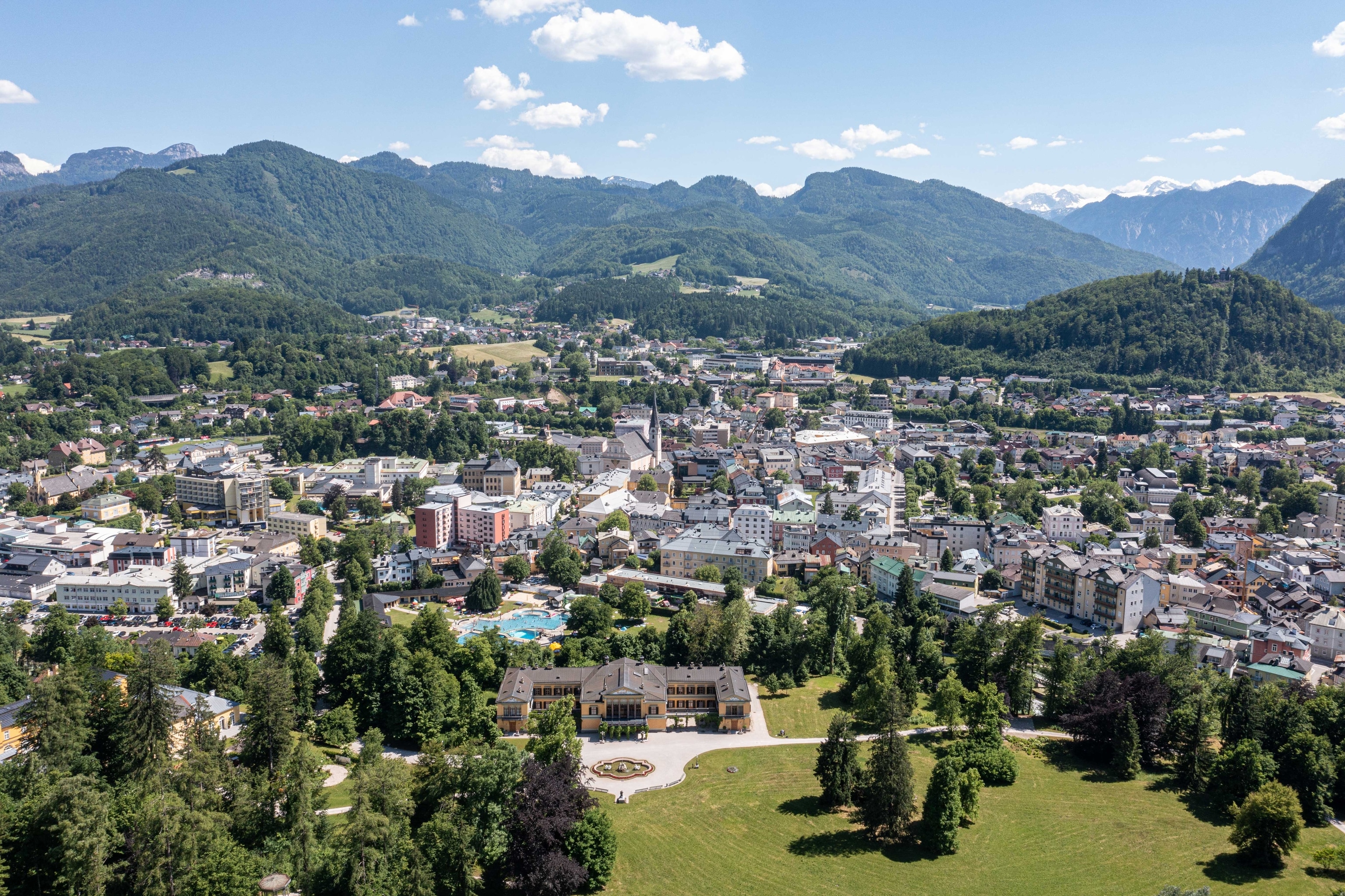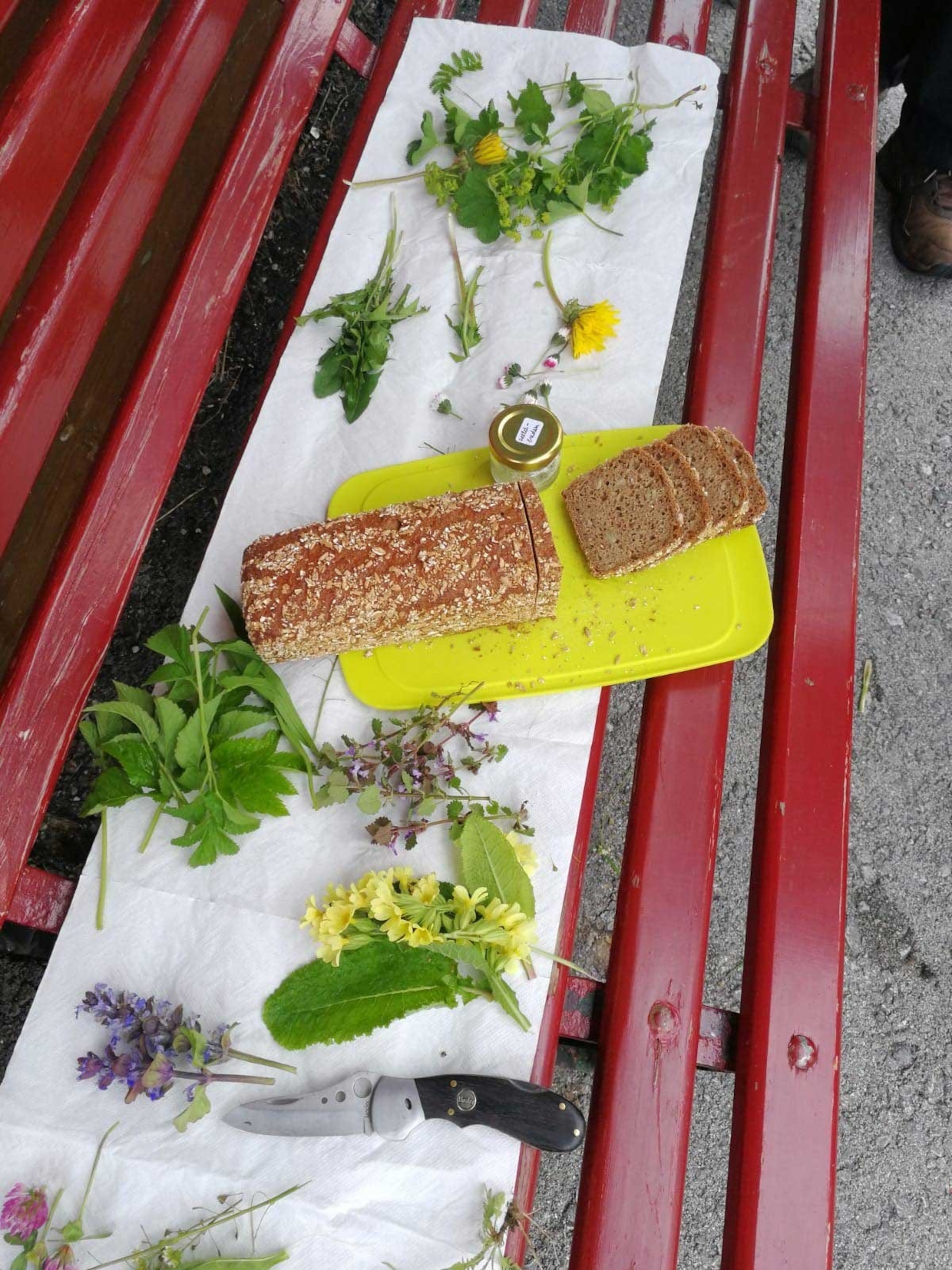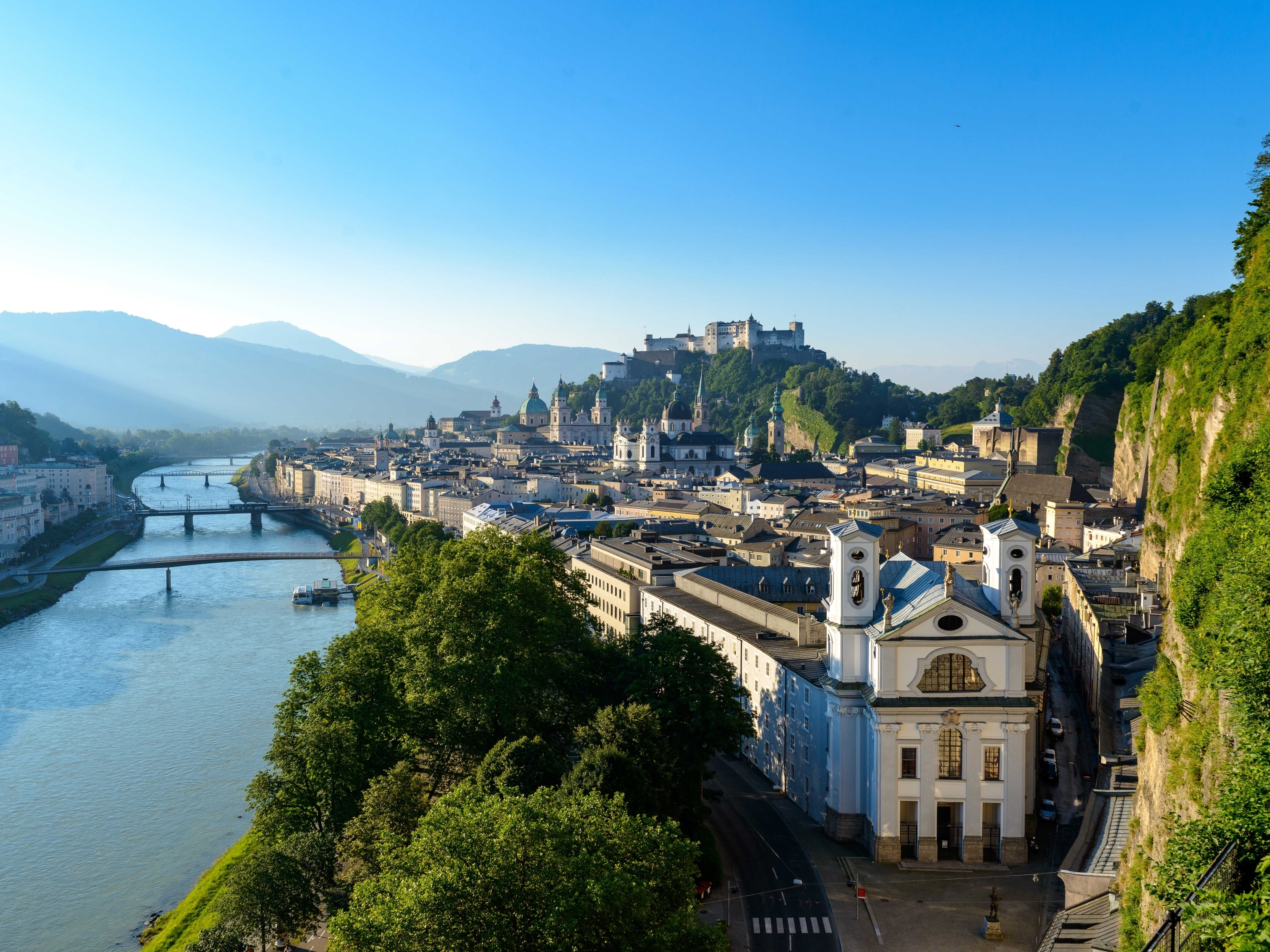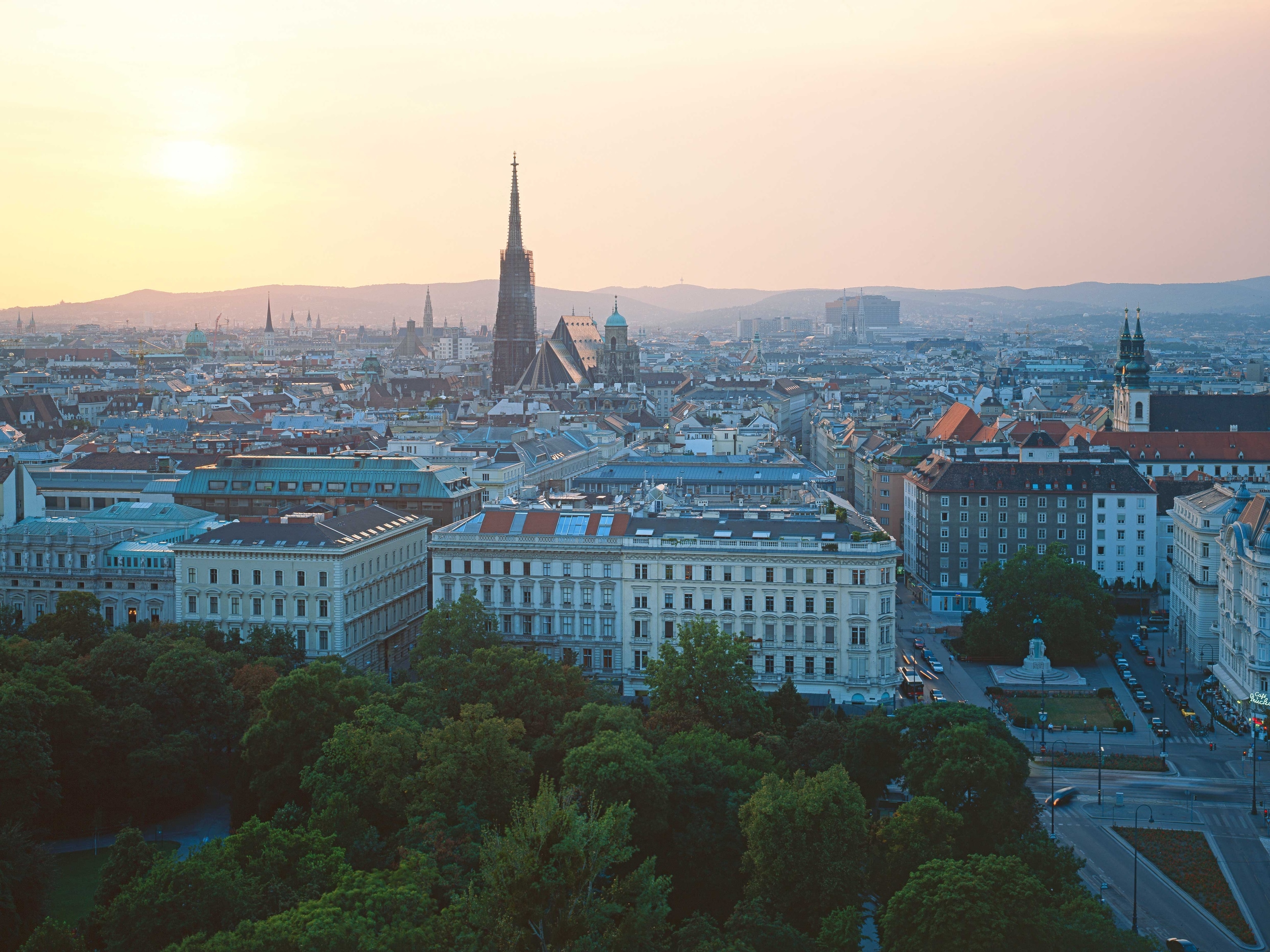Find mindfulness in Austria's outdoor spa traditions
From starry skies to Alpine peaks, sulphur-rich springs to fairytale forests, wellness in Austria is all about mindful moments spent in nature. We dive into its holistic history and identify the best ways for visitors to unwind outdoors.
The idea of wellness in Austria goes far beyond steam rooms and saunas. Harnessing the healing powers of nature since Roman times, the country is well attuned to the soul-nourishing, mind-cleansing benefits of the outdoors. Whether stargazing from a mountain summit, soaking in mineral-rich hot springs or practising mountain yoga at sunrise, here there’s space to breathe, reenergise and find fresh perspective.
Austria’s outdoor spa culture has been notable since Roman times. The beauty-loving Romans prized the country’s ubiquitous thermal waters, creating bathhouses that were the precursors of today’s spas, with their circulation-stimulating, immune system-boosting rituals of steam and hot-cold dunking. The small town of Baden bei Wien, just a 20-minute train hop from Vienna, was favoured by the Romans — and later Mozart, Beethoven, Strauss and the Hapsburg royals — for its sulphur-rich hot springs. Sulphur springs can work miracles on the body, treating everything from skin conditions to stress and rheumatic complaints. Today, you can enjoy these soothing waters in modern 21st-century style under a huge, suspended glass roof at the Römertherme thermal baths.
Swap sulphur for salt at the Eurothermen Resort Bad Ischl in the Salzkammergut, once a popular summer holiday destination for Viennese royalty. Bathe in the mineral-rich brine pools, relax in a restorative salt cave and float along a 34C thermal river gazing out on striking mountain views. Brine is said to have numerous health-affirming properties, from relieving pain to boosting circulation. And you don’t even have to hit the water to benefit from the brine. The Eurothermen Resort also features a graduation tower — a blackthorn structure that produces salt by evaporation, so visitors can instead enjoy its restorative properties through inhalation.

Such is the strength of the relationship between nature and wellness in the country, it's no surprise that spa treatments in Austria often let nature take the lead too. Ingredients such as honey, hay, marmot oil and foraged herbs, from arnica to wild rose have long been used to benefit the body. To learn more about their healing properties, join one of the herb hikes (Kräuterwanderungen) held across the country and tap into this ancient healing wisdom.
Austria’s mountains and forests have long inspired visitors to embrace nature and tune in to the elements. Half the country is blanketed in trees, making it perfect for a stress-busting spot of forest bathing. They range from the primeval, lichen-furred, beech forests of Dürrenstein in Lower Austria’s Alps to the sycamore maples of Tyrol’s Karwendel mountains, and the dark, mossy, boulder-strewn forests of the Waldviertel. Lean into their tranquillity and feel yourself reconnecting with the earth as you wander their depths.

Four more ways to unwind outdoors:
1. Find inner calm with alpine yoga
Fancy hiking up to an alpine plateau in the hush of morning and performing sun salutations as the day’s first golden rays peek over the summits? Yoga in the Austrian mountains is about so much more than just mastering the asanas (postures). It’s about realigning your senses with nature — smelling wildflowers on the breeze and listening to the hypnotic backbeat of cowbells as you stretch and meditate. You’ll find al fresco yoga classes and retreats all over Austria, from the sky-high peaks of St Anton am Arlberg (host of the late-summer Mountain Yoga Festival St Anton) to the waters of Lake Zell, where you can practice your poses on a stand-up paddleboard.
2. Embrace the darkness
Far removed from light pollution, Austria’s mountains sit beneath night skies glittering with a spectacular array of stars. Peering up at them can be a deeply mindful experience, bringing the universe into stark perspective. You can see plenty with the naked eye in Attersee-Traunsee Nature Park, an International Dark Sky Park in the foothills of the Alps, or amid the wilderness of Gesäuse National Park in Styria. Both offer activities to help you embrace the remedial properties of the dark sky, from night-time astrophotography excursions to starlit walks and picnics.
3. Bathe in a radon cave
Deep in an Alpine valley in the Hohe Tauern National Park, Bad Gastein has been feted for the curative powers of its radon-laced thermal waters ever since Emperor Franz Josef I and his beloved wife, Empress Sisi, took a dip here in the 19th century. A stone’s throw from the Italian border, the town is a belle-époque beauty, with villas clinging to ragged, forested cliffs and hot springs bubbling up through the rocks at 46C. To feel their benefit, float in the grotto-like Felsentherme Bad Gastein or mountain-facing Alpentherme Gastein. Alternatively, for more intense, long-lasting radon therapy, said to cure a multitude of ills, bathe deep in a cave at the nearby Gasteiner Heilstollen.
4. Reboot your body at a detox retreat
Austria is home to some of world’s most pioneering detox retreats. For a transformative health kick, celebrity favourite Lanserhof Lans in Tyrol offers state-of-the-art, diagnostics-led detox retreats based on the ethos of Austrian physician FX Mayr (1875-1965), who believed that good health starts with the gut. Park Igls and Carinthia’s FX Mayr Clinic are both disciples of this approach. If you prefer a more spiritual vibe, retreats at Ayurveda Sonnhof bring ancient Indian healing wisdom to Tyrol’s mountains, with dosha-balancing meals, yoga, qi gong and meditation, plus cleansing oil-based treatments.
Austria is easily reached via direct flight from the UK, with major airports including Vienna, Innsbruck, Salzburg and Klagenfurt well served by a range of airlines. Prefer not to fly? Take the Eurostar to Brussels to connect with the Nightjet sleeper to Vienna. ÖBB trains are an efficient, easy way to get around the country. austria.info/en
Facebook | Instagram | Twitter

